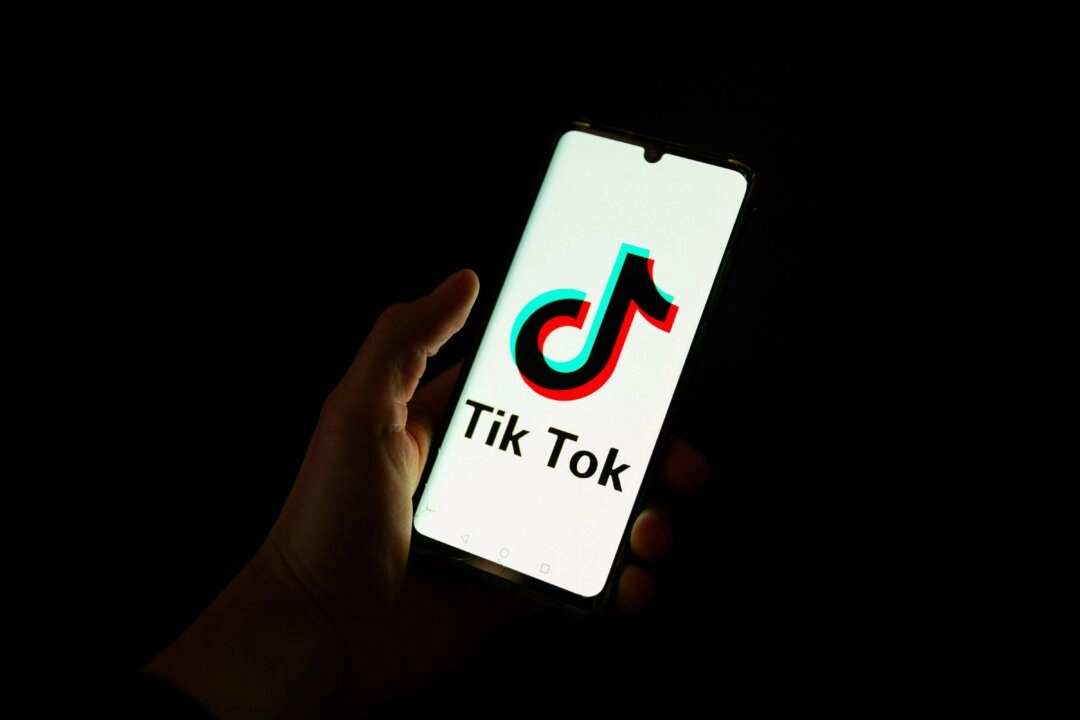Frank McCourt, the former owner of the Los Angeles Dodgers from 2004 to 2012, announced that he is organizing a bid to buy the popular social media platform TikTok.
China-based parent company ByteDance is facing a possible U.S. ban if it fails to sell the website within the next year after President Joe Biden signed legislation mandating the firm sell the platform or be prohibited in the United States. The entity will have until January 2025 to locate a buyer, though company leaders say they do not intend to sell.
Mr. McCourt is making plans anyway.
He confirmed on Wednesday that he is organizing an acquisition through Project Liberty, an initiative to establish a new open-source decentralized internet. He is working with investment banker Guggenheim Securities and law firm Kirkland & Ellis. Additionally, the billionaire executive plans to consult with a wide range of voices, including academics, community leaders, parents, and technologists.
If successful, Mr. McCourt aims to migrate the platform to a new “digital open-source protocol.”
“The foundation of our digital infrastructure is broken, and it’s time to fix it,” said McCourt in a press release. “We can, and must, do more to safeguard the health and well-being of our children, families, democracy and society. We see this potential acquisition as an incredible opportunity to catalyze an alternative to the current tech model that has colonized the internet.”
The corporate pursuit has attracted various well-known individuals, such as Tim Berners-Lee, inventor of the World Wide Web, and Jonathan Haidt, a renowned social psychologist and author of The New York Times bestseller “The Anxious Generation.”
“This proposal has my support. The web I invented was to provide power and value to individuals, which they do not have at the moment. Users should have an ability to control their own data, to share it with other people and organizations as they choose,” Mr. Berners-Lee said in a statement. “A TikTok utilizing open internet protocols, such as Solid, will embrace the critical values of privacy, data sovereignty, and user mental health.”
According to Mr. Haidt, society’s relationship with technology is at “a tipping point,” and Mr. McCourt’s new vision and solutions for TikTok are “needed to move ahead in the digital age.”
“Social media is not going away, but it is evolving, and McCourt wants it to evolve in ways that are far less harmful to children and teens than it is today,” he added.

Other Efforts to Buy TikTok
Since bipartisan legislation was passed in Washington and signed by President Biden, there have been well-known voices on Wall Street revealing their plans to try and scoop up the video platform.
“It’s a great business and I’m going to put together a group to buy TikTok,” Mr. Mnuchin, who leads Liberty Strategic Capital, told the business news network’s “Squawk Box” in March. “This should be owned by U.S. businesses. There’s no way that the Chinese would ever let a U.S. company own something like this in China.”

“It’s the largest entertainment and business network in America as it stands today, so it’s of great interest and great value,” he stated on the ”Street Signs Asia” program. “This is the most complex deal ever in social media, and I have to build a new algorithm. It’s a very interesting deal, and I like it.”
Whatever happens, a final acquisition would require the blessing from the U.S. president on the grounds of national security implications.
Not For Sale
TikTok’s parent company confirmed that it does not intend to sell the app.
As a result, the issue is being taken to court.
“For the first time in history, Congress has enacted a law that subjects a single, named speech platform to a permanent, nationwide ban,” the companies said in the lawsuit, adding that the move is “silencing the 170 million Americans who use the platform to communication in ways that cannot be replicated elsewhere.”
In a separate case on May 14, a group of TikTok creators filed suit in U.S. federal court trying to block the same law.
The individuals say that the app has had “a profound effect on American life.”
“Although they come from different places, professions, walks of life, and political persuasions, they are united in their view that TikTok provides them a unique and irreplaceable means to express themselves and form community,” the company said in the lawsuit.
